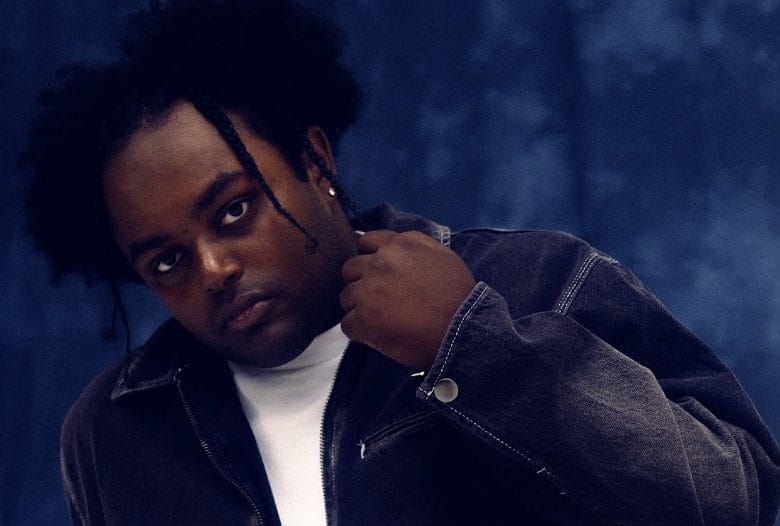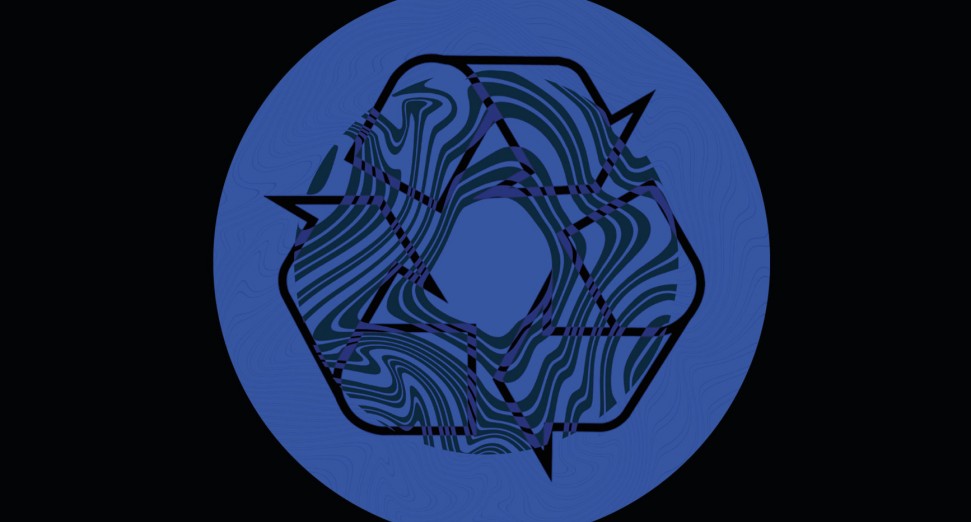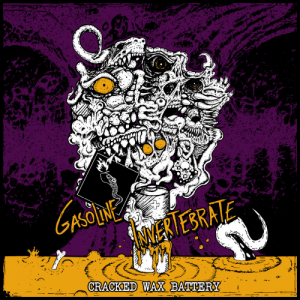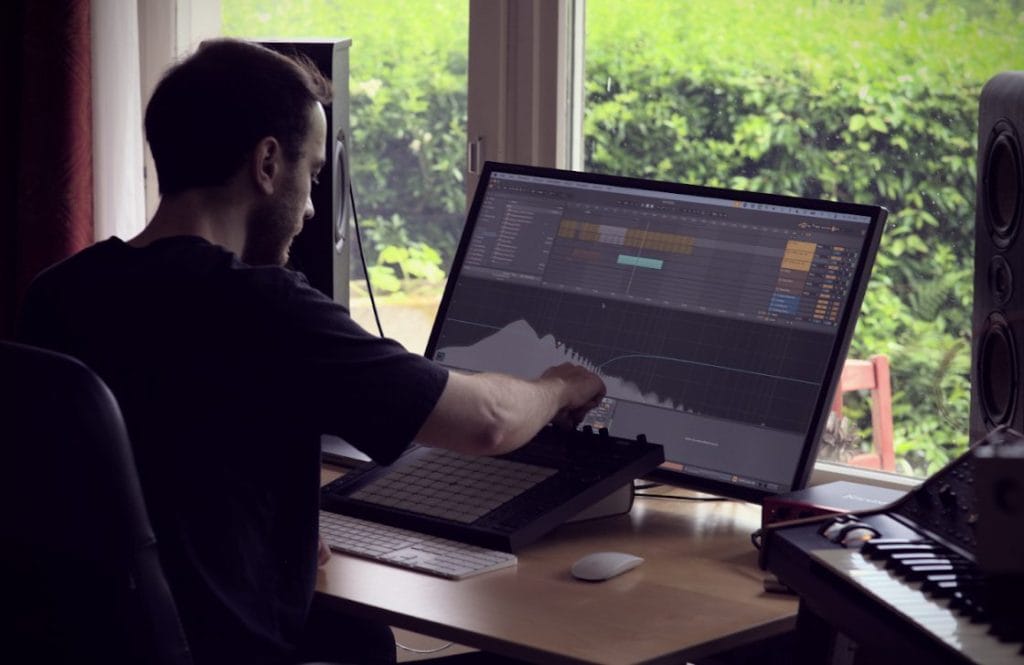
PREMIERE: Pørtl – Elodie [Magnetic Magazine Recordings]
“Elodie” is arriving earlier than planned, and for good reason. We wanted this one out in the world without waiting for the calendar to catch up. Pørtl has a way of locking into an idea and letting it breathe without piling on unnecessary layers, and this track is a perfect example. It comes from a process built on strong starting points, trusting instincts, and knowing when to stop before the magic fades. In their own words, it is about focusing on the heart of the track instead of chasing endless versions or getting lost in production tweaks that do not move the music forward.
Snag It On Beatport Here
Talking to Pørtl about “Elodie” made it clear how much persistence and collaboration shape their sound. They have spent enough hours in the studio to know that overthinking kills momentum, and that sometimes the best decision is to commit to an idea while it still feels alive. Gear and plugins matter, but they never outweigh the strength of a melody, rhythm, or atmosphere that clicks right away. You can hear that in “Elodie” — every element feels like it has a place, with nothing included just to fill space.
Putting this track out a week ahead of schedule felt natural because it carries the same confidence Pørtl brings to their creative choices. They are not chasing what is trending, and they are not afraid to leave something behind if it does not feel right. “Elodie” lands as a snapshot of where they are right now, and it works because it sounds like them. You do not need to know the story behind it to feel that, but once you do, the early release makes even more sense.
What’s one piece of advice you’d give to an artist who’s struggling to find their sound?
Don’t just stick to one genre – even if it’s your favorite. Stay open to everything. Try listening to music you wouldn’t normally go for. It’ll help you develop a better musical ear that can really shape your productions and can give you inspiration and different perspectives that can help your creative ideas. And keep in mind: there’s a difference between listening to music for inspiration and listening just to enjoy it.
What’s the one thing you wish people knew about the challenges of being a producer today?
It would be nice if people realized how many valleys of frustration and failed attempts you have to walk through before landing on an idea that actually has real potential. You often spend hours in front of your computer or gear, putting other things on hold, just to chase that one spark. And when it finally happens, it’s such a great feeling.
What’s the most unexpected lesson you’ve learned throughout your career?
‘We’ll fix it in the mix’ is one of the biggest lies in music production. You can save yourself so much time and frustration by just putting more effort into sound selection and arrangement right from the start.
The other thing is that there are a lot of people with strong opinions in the music production community about the “right” way to do something—whether it’s which speakers, headphones, or plugins to use. And with online forums, social media, and YouTube, those opinions are louder than ever. But the more you learn, the more you realize there’s no one correct way or perfect setup. As long as you understand what you want to achieve in terms of sound or mix, the best choice is always what works best for you.
What do you think makes an artist’s music stand out in today’s crowded music industry?
We believe that nowadays, it’s sadly not just about the music anymore – it’s more about the image an artist creates or represents. On one hand, that opens up new opportunities for the person behind the project to express themselves in different ways. But on the other hand, it can also hold back genuinely good music that doesn’t fit the current image-driven game. That’s why it can really help to develop your own signature—whether it’s a distinct sound, a genre-bending approach, or something unique that gives your music its own vibe. It’s often that personal touch that cuts through the noise.
Why do you think persistence is such an important part of making it in the music industry?
From our own experience, the early stages of music production are exciting, but they’re often followed by a tough learning curve. Things won’t always sound how you imagined, and that can be frustrating.
But if you keep finishing tracks and pushing through that phase, you’ll not only grow technically—you’ll start to find your own voice. Eventually, the process becomes more intuitive, and you can refocus on the creative side again but getting to that point can be hard, so it is important to stick to it.
What’s a key piece of advice you would give to your younger self at the start of your journey?
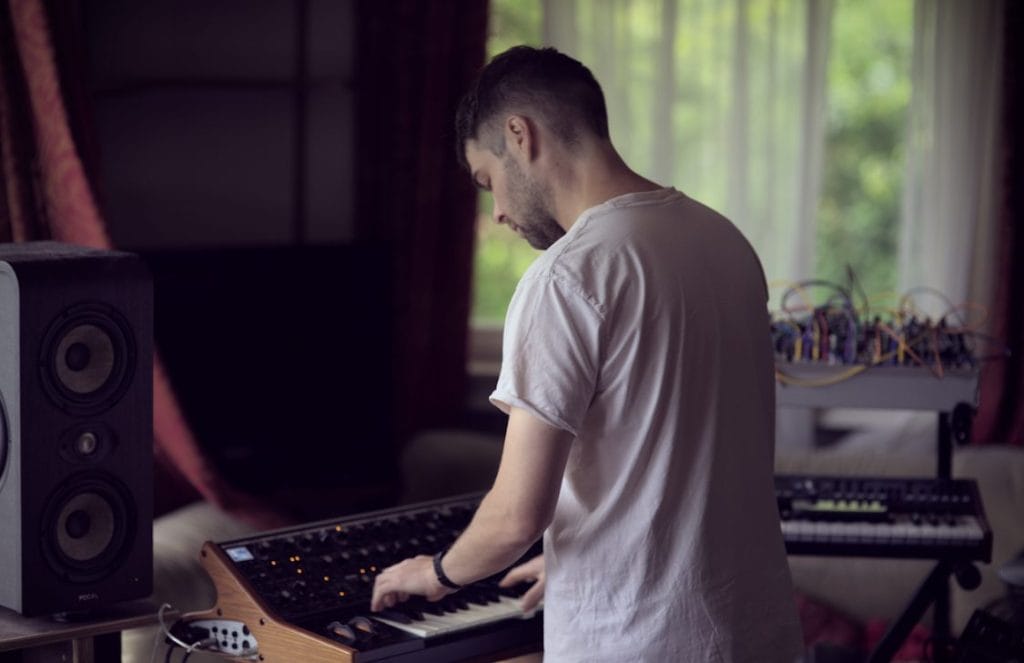
When you’re working on a track and the idea feels strong, don’t fall into the trap of making endless versions just because you’ve got a bunch of other ideas floating around.
We’ve been there so many times—starting with something great, then basically tearing it apart by creating 20 different versions. And almost every time, we realized: the very first idea was by far the best. So, dear younger self: if you’ve got something that feels good, stick with it. And if a track just isn’t working—then let it go. Move on to something new instead of forcing yourself to finish something that doesn’t click for you.
Another tip we wish we‘d gotten earlier: just because modern DAWs give you endless possibilities doesn’t mean you have to use all of them. Buying new plugins or gear won’t magically make your life easier. Stick to a few tools and really learn how to use them well. And never underestimate stock plugins—they’re the real holy grail of your production. Also, your song doesn’t need to have 100 tracks to be great. It can totally work with just 10 and still have a massive character and tell a story.
What’s the biggest mistake you see other producers making when it comes to their creative process?
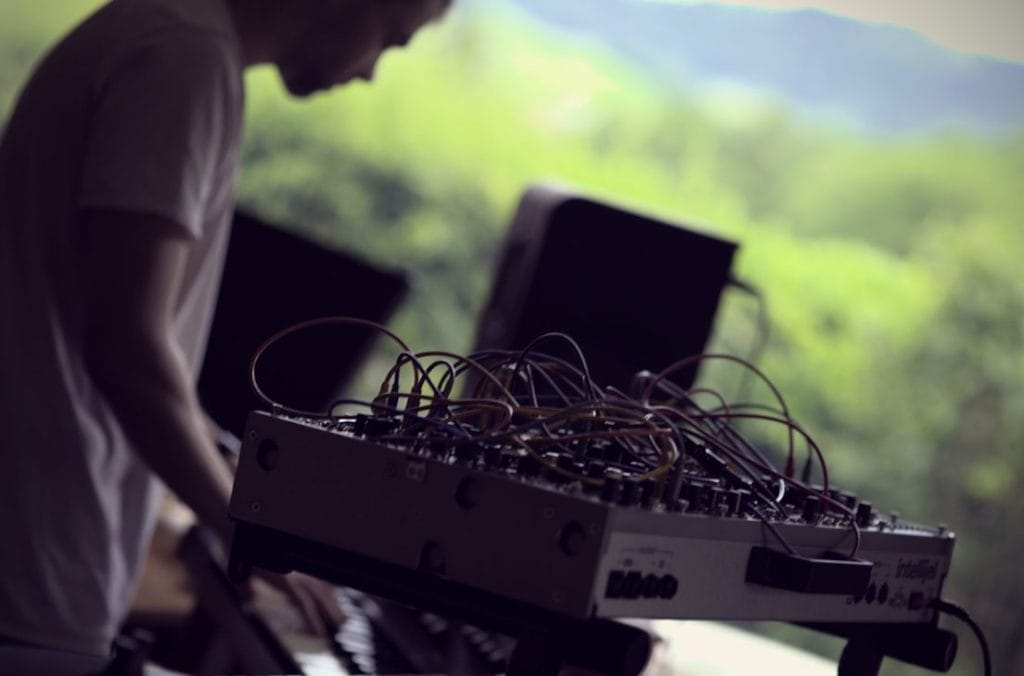
In our eyes, a lot of producers are just fooling themselves by chasing a sound ideal that, honestly, doesn’t even exist. A good example of this is the ‘warm analog sound’ that you can supposedly only get in the digital world by using this or that plugin. ‘Use this 1176, and it’ll sound way more analog or warmer’ or ‘You have to use a Pultec to make it sound right.’
We think it’s a huge waste of time to stress over things that, in the end, have a minimal effect on your sound and music. It kills the creative process, and many end up stuck in a placebo effect.
Sure, all of these tools have their place and they don’t sound bad, but you should only spend a small portion of your time on decisions like these and focus more on the truly musical aspects.
Why do you think some artists get stuck in a certain sound, and how do you keep pushing your boundaries?
One thing we’ve learned is how valuable collaboration can be. Especially in electronic music, where you often spend long hours alone in front of your setup, working together brings fresh energy.
For us, it’s often one person introducing a new idea—a sound, a melody, or a plugin—that sparks something. Sharing ideas and getting constant feedback throughout the process helps us grow, avoid getting stuck, and keep pushing the music forward.
What’s one of the biggest sacrifices you’ve made to stay committed to your music?
We think making music and listening back to the final result can be one of the most fulfilling and rewarding feelings in the world. But getting there isn’t always easy—getting stuck or failing repeatedly in the process can be incredibly frustrating. Enduring those moments is still a challenge for us sometimes, but it’s always worth it. When everything finally clicks, it’s an amazing feeling.
How do you know when a track is finished?
This is a tricky one—there’s almost always something to tweak. But we’ve learned that if the core idea works, a song can feel finished pretty quickly, and over-editing often risks losing that spark. One thing that helps is taking some distance—both mentally and time-wise—then coming back with fresh ears. If it still clicks, just note a few small changes and commit to wrapping it up. Sometimes, leaving it alone is the best move.
What’s the best piece of advice you’ve ever received from another artist or producer?
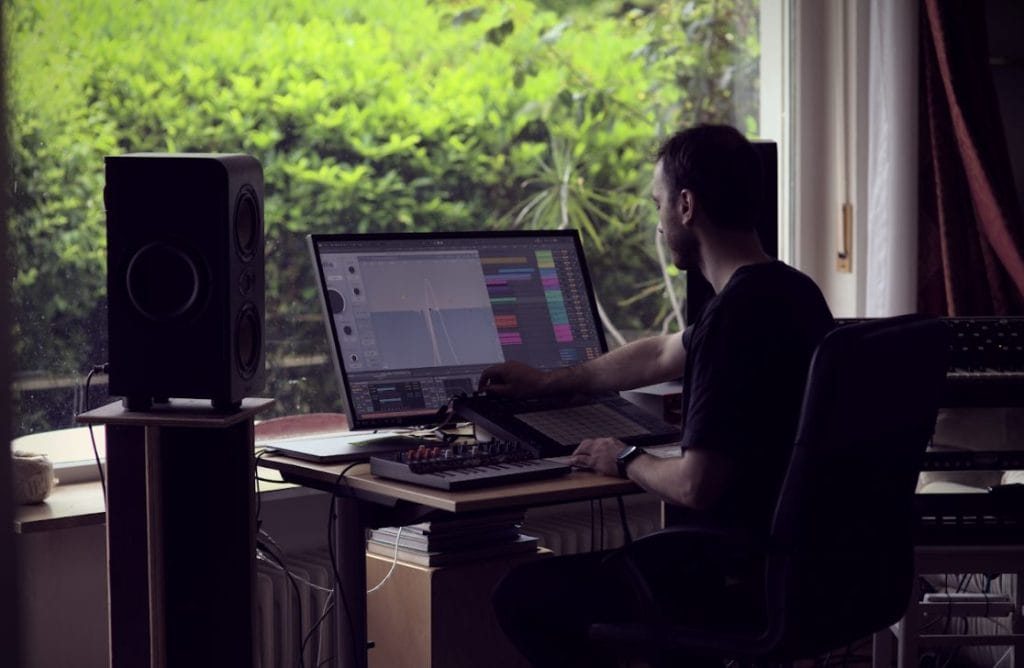
“Perfection is the enemy of emotion.” Often just getting the feeling and emotion of a sound or track right, can be a lot more important than perfecting every small detail of it.
How has your sound evolved as you’ve grown as a person and artist?
For us, it’s been about stepping back from the technical perspective and reconnecting with the emotional and creative side of making music. Both sides matter, but this shift has made our sound feel more organic—and sometimes a little imperfect—but in a way that feels true to us and brings us joy.
What’s the hardest part of maintaining a music career that people don’t often talk about?
Staying committed during the low points—when things aren’t working, and you’re not happy with what you’re creating. It’s about pushing through doubt and staying in love with the process, even when the outcome isn’t what you hoped for.
Why do you think it’s important for artists to focus on developing their own sound rather than chasing trends?
In the end, you should use your time to create something that truly resonates with you. Chasing trends can spark new ideas or even lead you to unexpected passions—but sacrificing your own vision and taste for them is never worth it.

